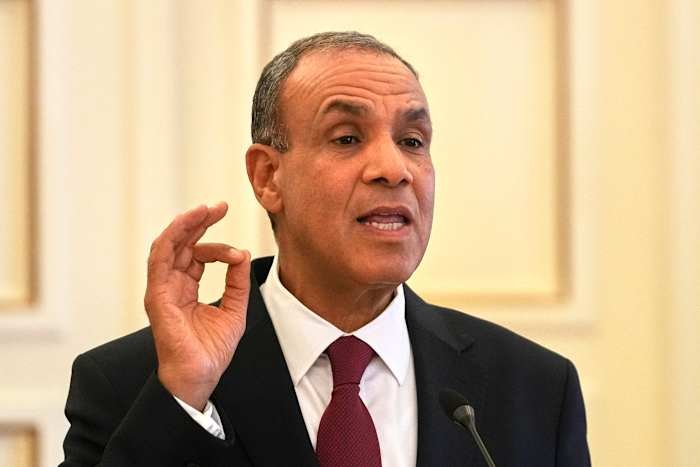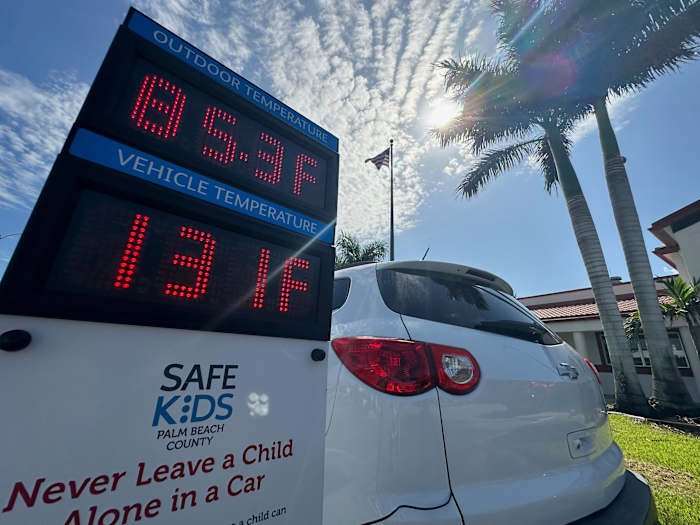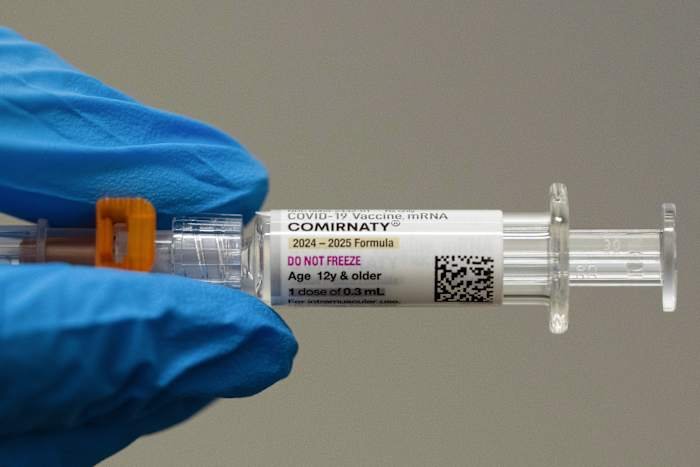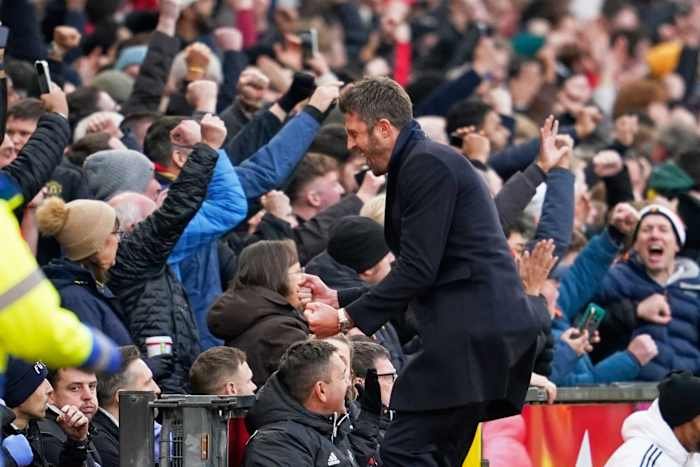Introduction
As the humanitarian crisis in Gaza continues to escalate, Egypt’s foreign minister has called the international response, particularly from Western countries, “shameful.” The ongoing conflict has triggered global concern, with communities far from the Middle East—including residents here in Orlando—closely watching developments and rallying in support of those affected. The recent statements from Egypt’s top diplomat have ignited further debate about the global community’s role in addressing the suffering in Gaza and the broader implications for international relations and local advocacy.
The Egyptian Foreign Minister’s Statement
On Monday, Egypt’s Foreign Minister Sameh Shoukry publicly criticized the West’s reaction to the deteriorating humanitarian situation in Gaza. Speaking at a high-profile news conference, Shoukry described the Western response as “shameful” and insufficient in the face of widespread suffering, shortages of basic necessities, and mounting casualties.
Shoukry emphasized that while Egypt has consistently pushed for ceasefires and humanitarian corridors, international action—especially from Western powers—has not matched the scale of the crisis. He called for urgent steps to ensure the delivery of aid, the protection of civilians, and a renewed effort toward a lasting political solution.
His remarks underscore Egypt’s central role as a regional mediator and highlight growing frustration among Arab nations with what they see as a lackluster international response to the Gaza crisis.
International Response Under Scrutiny
The statement from Egypt’s foreign minister has fueled a broader discussion about the actions—or inactions—of the Western world regarding the Gaza crisis. While many Western countries have issued statements of concern and called for humanitarian pauses, critics argue that these responses have not translated into concrete measures that alleviate the suffering on the ground.
Relief organizations have reported major obstacles in delivering aid, citing border closures, security concerns, and bureaucratic hurdles. Meanwhile, political divisions in the United States and Europe have made it difficult to develop a unified approach that prioritizes civilian protection and long-term stability.
For Orlando’s diverse community, including a significant number of residents with roots in the Middle East, these international debates resonate on a personal level. Local advocacy groups and faith communities have organized vigils, donation drives, and educational events to raise awareness and push for more robust action from American leaders.
Humanitarian Impact and Local Solidarity
The humanitarian toll in Gaza is staggering. According to the United Nations and other aid agencies, thousands have been killed or injured, and hundreds of thousands have been displaced. The lack of access to clean water, food, and medical supplies has created an urgent situation that demands global attention.
In Orlando, the crisis has inspired both concern and action. Local organizations, such as the Orlando Palestinian Charity and faith-based groups, have mobilized to provide relief. Efforts include fundraising for medical aid, gathering supplies, and hosting interfaith prayers for peace. These initiatives reflect the city’s commitment to humanitarian values and its connection to international events.
Orlando’s universities have also played a role, with students organizing forums and discussions to educate the public about the complexities of the Gaza conflict and the importance of global solidarity. Such events foster understanding and encourage civic engagement among residents who may feel removed from the crisis geographically, but not emotionally.
Political Ramifications for U.S.-Egypt Relations
Egypt’s pointed criticism of Western responses, including those of the United States, comes at a delicate time for U.S.-Egypt relations. As a key ally in the Middle East, Egypt often serves as a mediator between Israel and Palestinian factions. However, the divergence in perspectives regarding Gaza could strain diplomatic ties if not carefully managed.
For Orlando, home to many who keep a close eye on global affairs, these diplomatic dynamics are more than abstract policy issues. They influence conversations in local mosques, churches, and synagogues, as well as in classrooms and homes. The way U.S. leaders respond to Egypt’s criticism could impact not only foreign policy but also the sense of trust and belonging among Orlando’s multicultural population.
As political analysts point out, public sentiment in cities like Orlando can shape national policy by influencing the priorities of elected officials. Grassroots activism and public demonstrations in support of humanitarian solutions can amplify the voices of those calling for change both locally and abroad.
Conclusion
The Gaza crisis is a humanitarian emergency with deep international and local ramifications. Egypt’s foreign minister has brought global attention to what he calls the West’s “shameful” response, challenging leaders to do more for those suffering in Gaza. Here in Orlando, our community’s response—through advocacy, education, and solidarity—demonstrates the city’s compassion and global awareness.
We want to hear from you: How do you think the international community should respond to the crisis in Gaza? What role do you believe local communities in Orlando can play in supporting humanitarian efforts? Share your thoughts and experiences in the comments below.
















